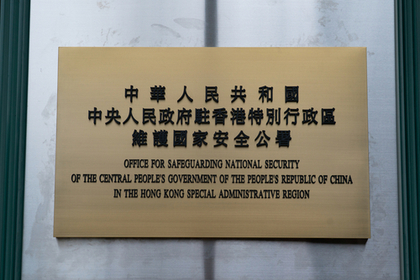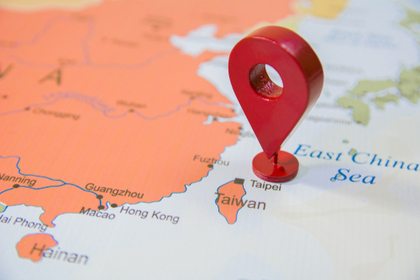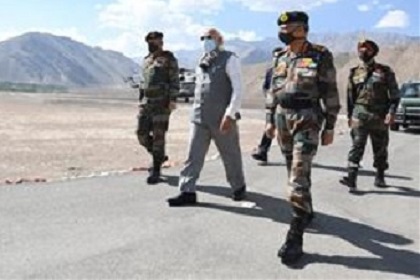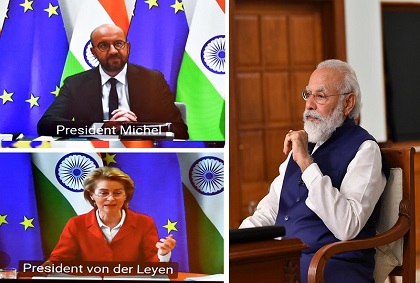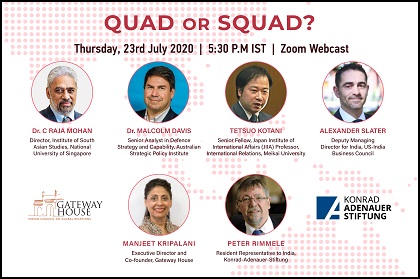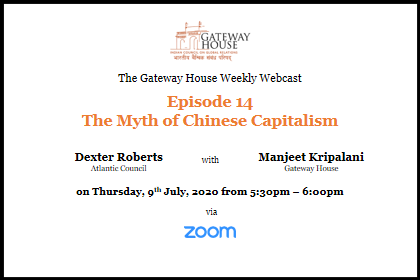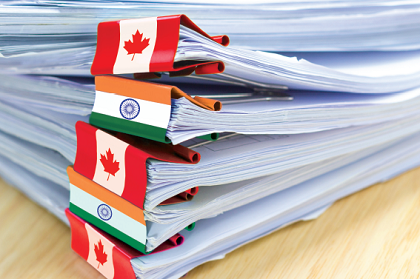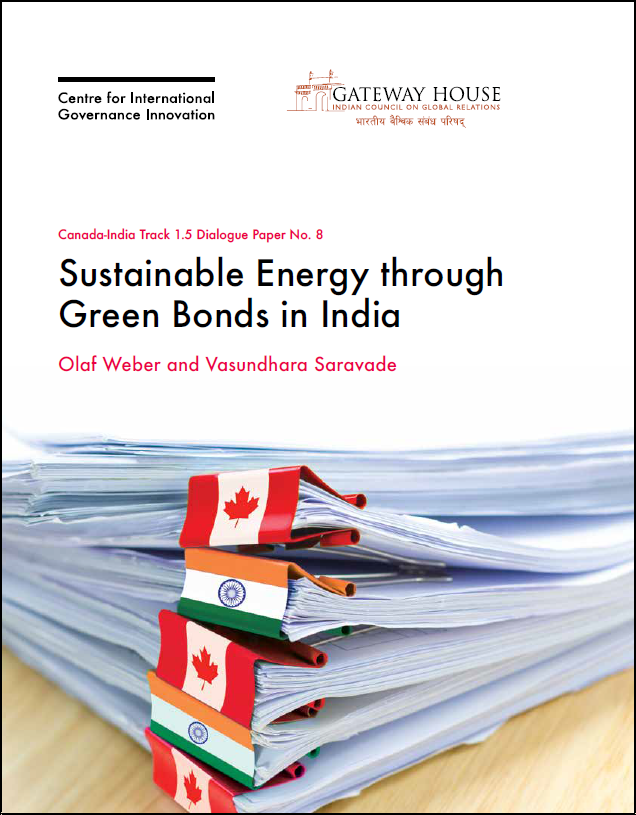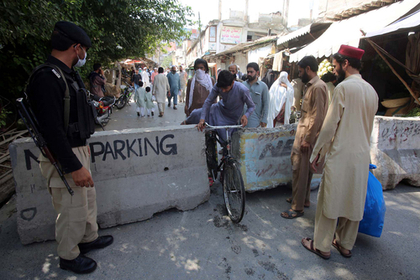Taiwan’s stellar response in containing the spread of the virus has been appreciated globally. Taipei is now in the spotlight, as it seeks global political equality and prepares its economy to become self-sufficient in everything from artificial intelligence to defence technology. Its changing global positioning has awakened its bilateral relationships, and India-Taiwan is one of them, with significant potential. In this episode of the Gateway House Weekly Webcast, Sameer Patil, Fellow, International Security Studies Programme, Gateway House is in conversation with Dr. I-Chung Lai, President, Prospect Foundation and Prof. M.D. Nalapat, Editorial Director, The Sunday Guardian and Vice-Chair of the Manipal Advanced Research Group to discuss Taiwan’s emerging global role.

